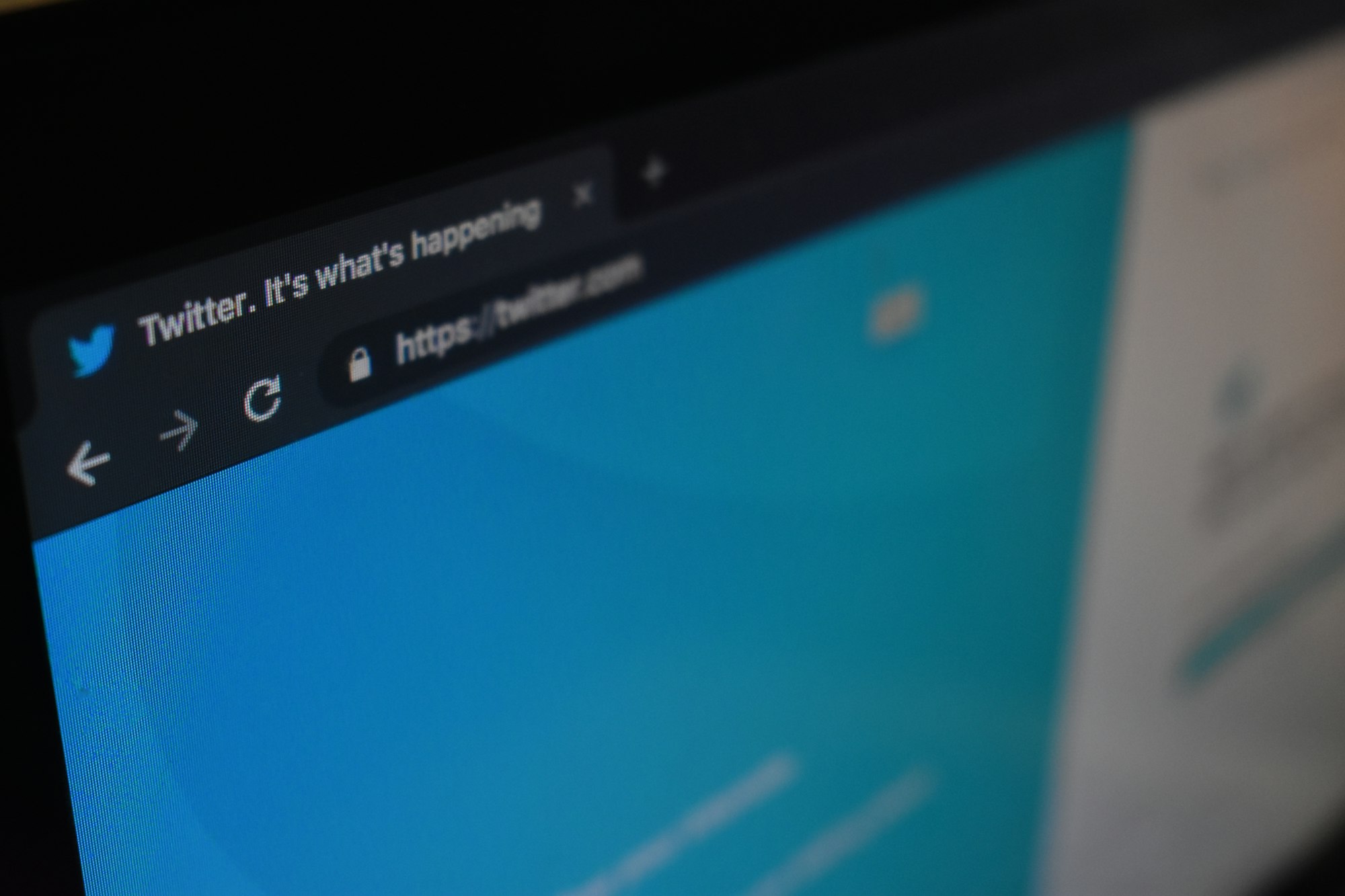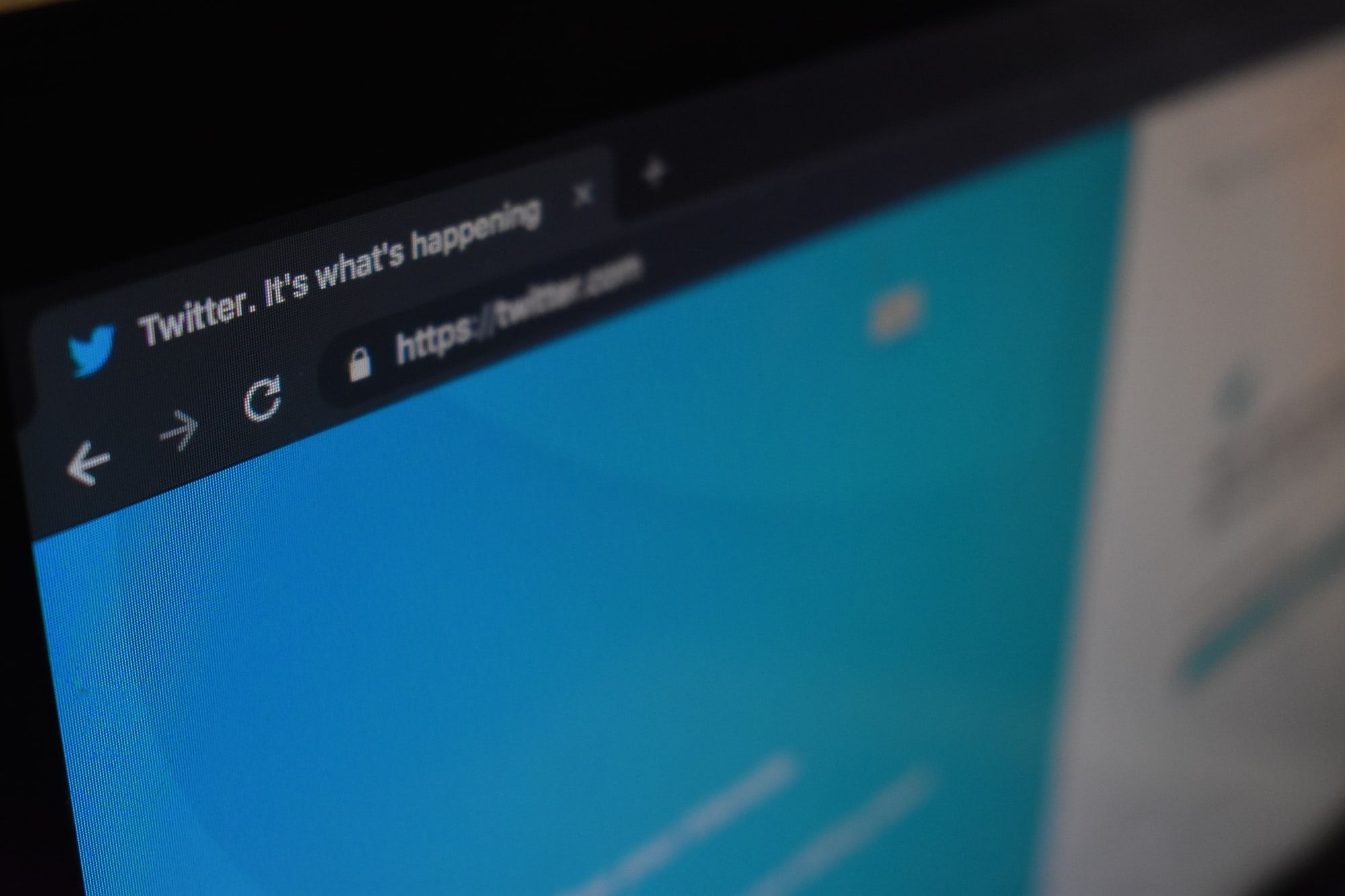I Uncovered an Iranian Twitter Campaign and a BBC Interview Followed
In March of 2016 I uncovered an extensive, but poorly executed, campaign to inflate the capabilities of the Iranian military on Twitter. I documented the evidence in a series of Tweets which led to an interview with the BBC


In March I uncovered an extensive, but poorly executed, campaign to inflate the capabilities of the Iranian military on Twitter. I documented the evidence in a series of Tweets which led to an interview with the BBC:
“There are, however, a few clues as to the motivation of whoever is behind this odd bot army. The tweets are in English, indicating that the accounts are targeting a Western audience. And the hashtags the accounts use – along with “Poweful_Iran” which appears on nearly all of the tweets – cover a range of countries, media outlets, political slogans and other issues. For instance the tweets include hashtags such as #Israel, #CNN, #Gaza, #BBC and others.
Curiously though, the tweets don’t use “@” mentions to tweet at individual accounts, which would at least bring the messages to the attention of other Twitter users.
“The campaign attempts to leverage hashtags related to the U.S. government (#FBI, #CIA), Israel, Saudi Arabia, and some conservative U.S. hashtags,” says John Little, a security and intelligence expert who writes at Blogs of War. “It also bizarrely attempts to leverage hashtags from popular culture such as #GreaseLive which appears in several tweets.”
Whatever the intention, Little points out, the campaign itself is far from sophisticated.
“In terms of effectiveness the campaign is a miserable failure. Almost all of the tweets have gone unnoticed and have no retweets or favourites. The few interactions that I can find also appear to be faked by other bots. In fact, a review of the top tweets for the hashtag reveals that a large number of them are my tweets exposing the campaign.”
Little says the tweets reflect themes – themes that happen to coincide with the preoccupations of the Iranian clerical establishment, such as threats to destroy Israel and shut down sea traffic in the Persian Gulf, suggestions that Israel and Saudi Arabia are working together, and repeated assertions that Iran is a major military player on the world stage.
You can read more on my recent work in this area on Motherboard’s The Bots That Are Changing Politics
